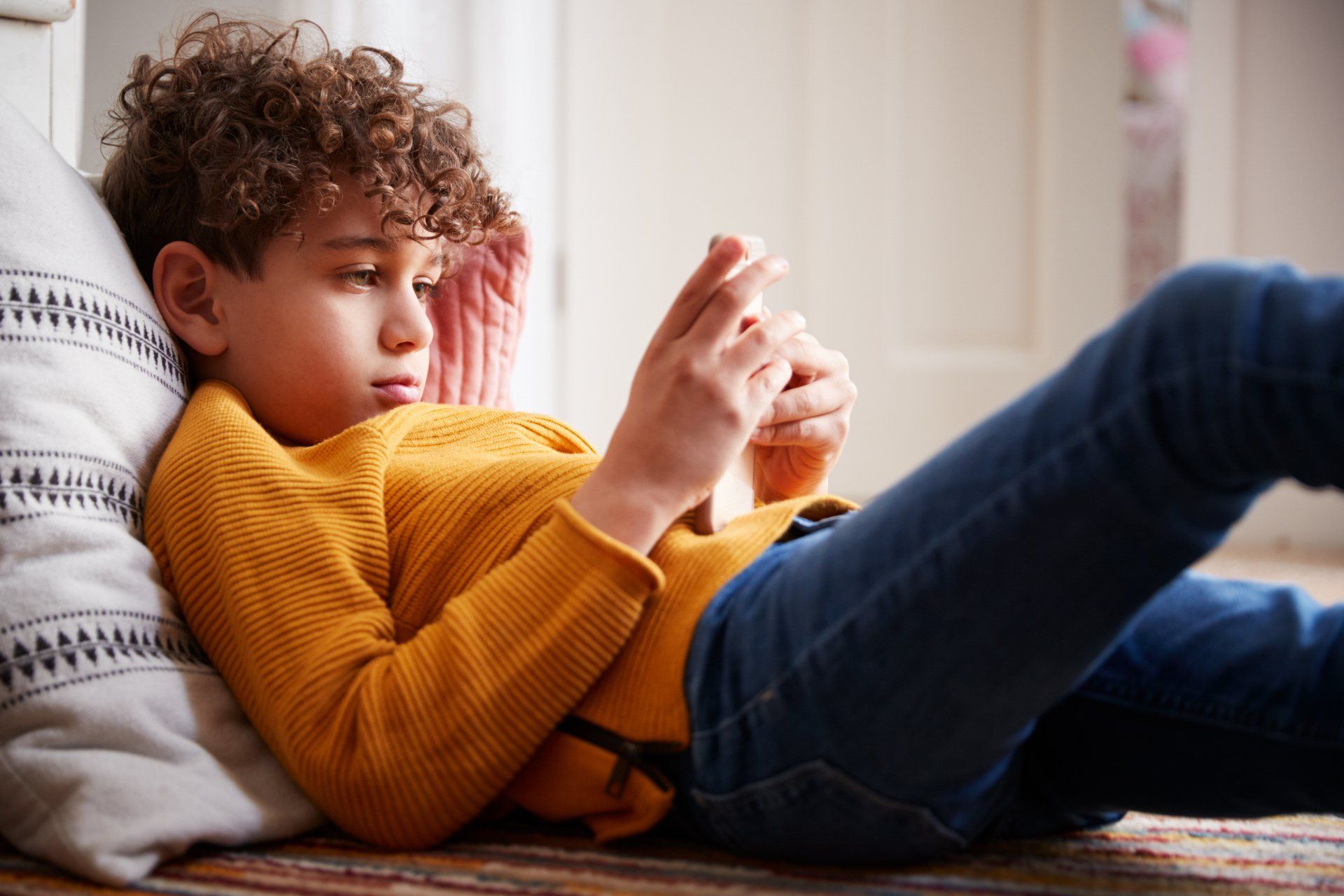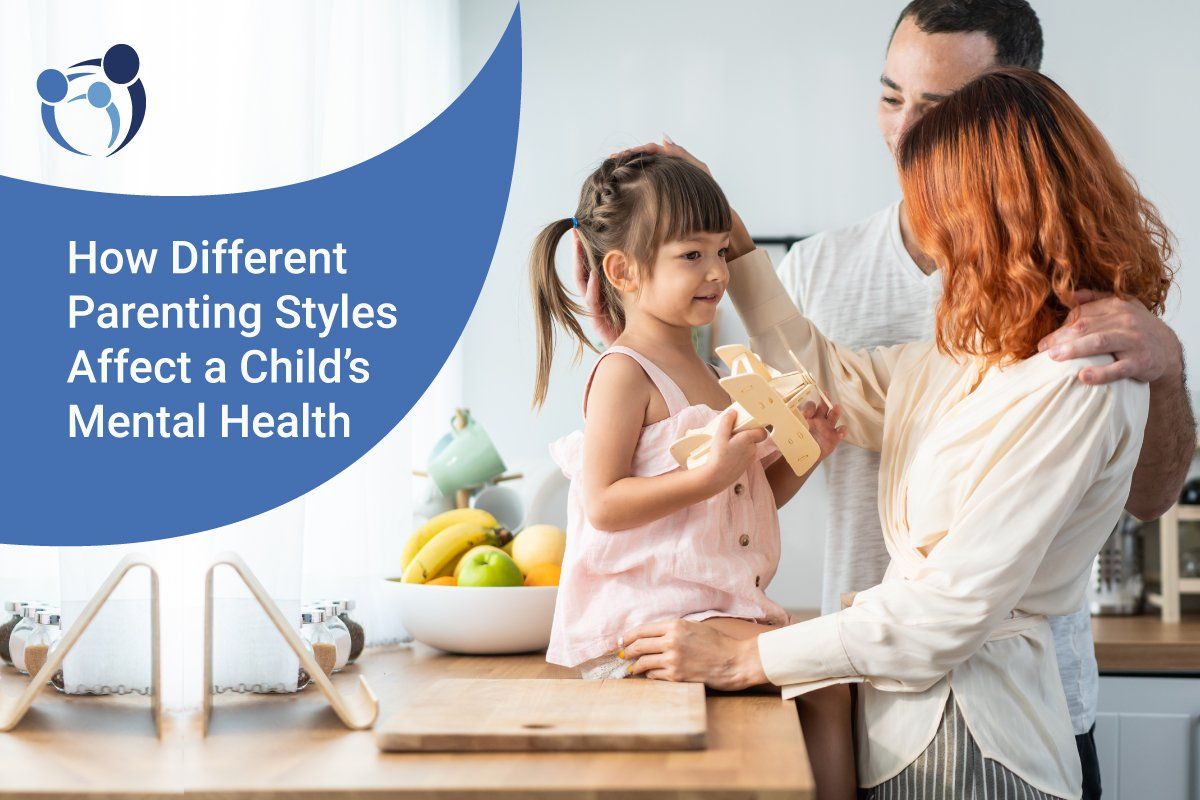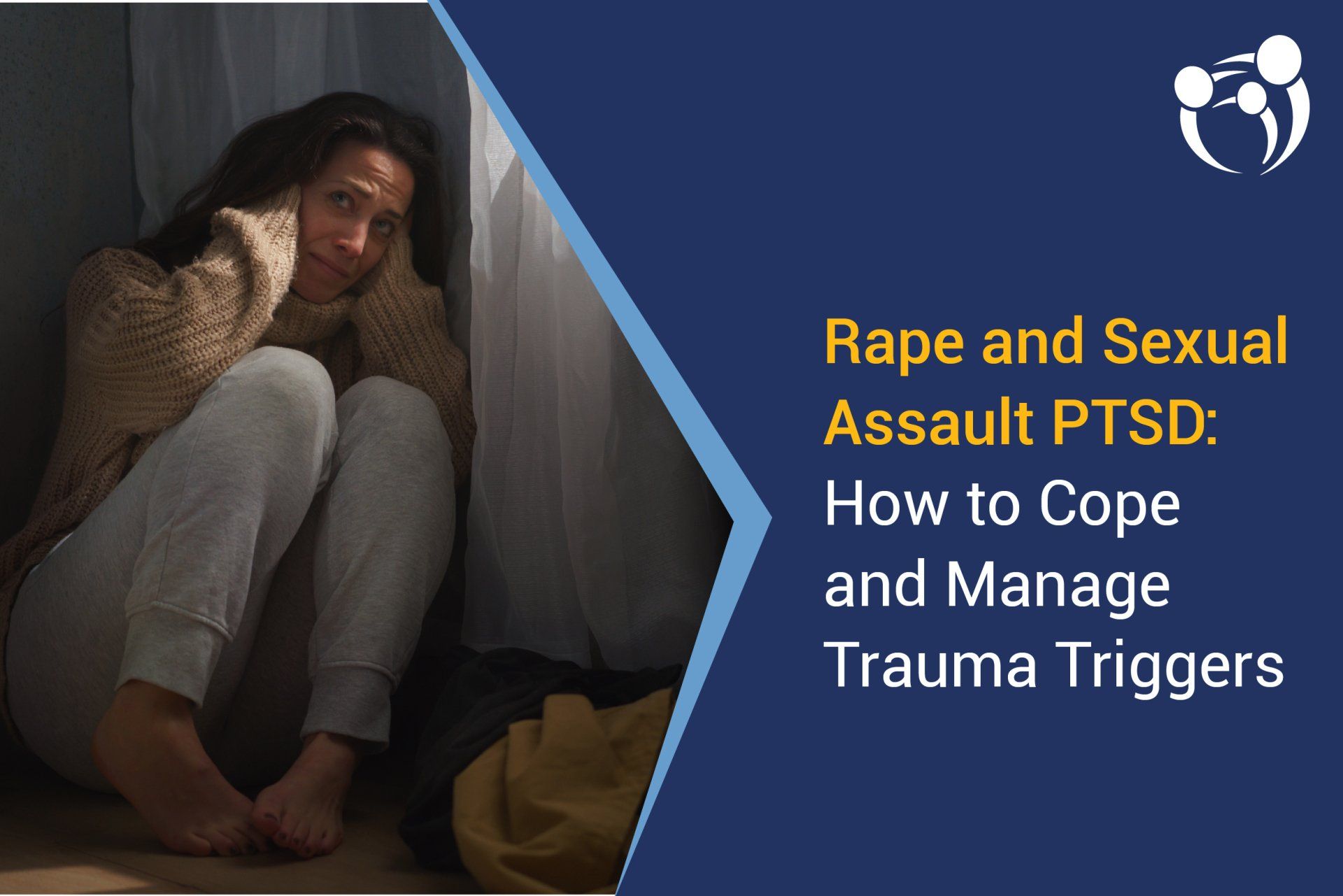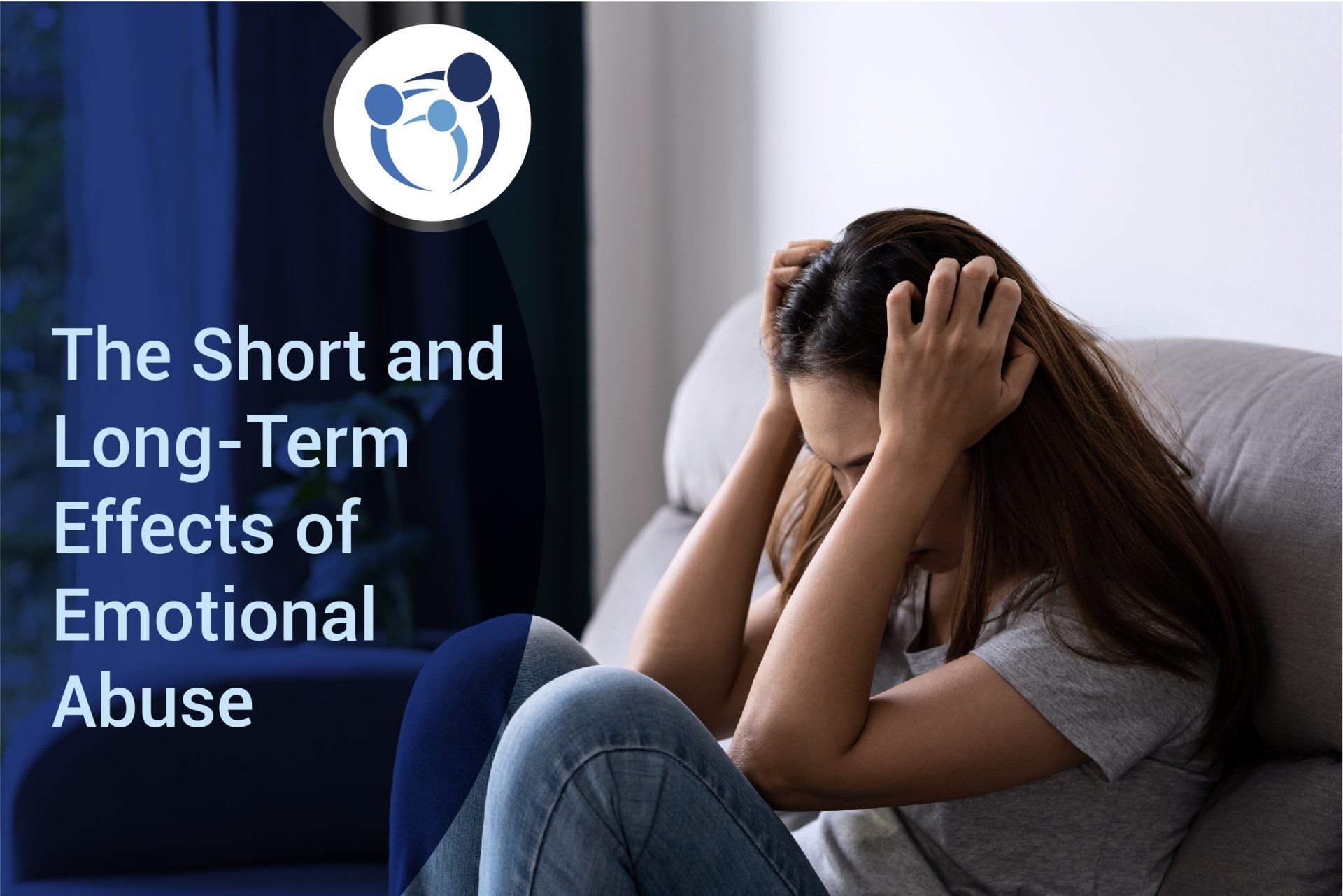Today's younger generation spends too much time in front of screens like computers, tablets, and smartphones. It is the typical platform ideal for their studies and entertainment, especially when the COVID-19 virus surfaced. But these devices can affect their physical and mental health. So, as a parent, you must learn the effects of too much screen time on your children.
Today, we will talk about the consequences of too much screen time on your children's mental health. We'll talk about the definition and determine "how much screen time is enough." Since we're on the subject of screen time exposure, we'll also provide you with tips on managing problems caused by too much screen exposure. In addition, we will also talk about the advantages of screen time for the youth today.
So, without further delay, let's begin our discussion.
How Do You Define Screen Time?
By definition,
screen time is the amount of time spent on devices that have screens. These devices include televisions, gaming consoles, smartphones, tablets, and computers. Research says that children within the age bracket of 8 - 18 spend 7.5 hours a day in front of screens.
Screen Time and Mental Health
Screen time and mental health links are somewhat tricky to identify. The key is within the content that they regularly see. When a child sees a video clip about loneliness, isolation, or depression, they tend to get attracted to it by associating it with personal experiences. The more they get exposed to these media, the more they get drawn in. And since they are young, they are more likely to be influenced by what they see.
The Signs of Extensive Screen Time
Too much of something is unhealthy. Therefore, it goes the same with screen time, even though it seems harmless at first glance. Children or teens typically display these symptoms when they are overexposed to screens:
- Sad
- Overly tired
- Stressed or fearful
- Agitated
- Lonely
- Withdrawn
- Nervous
- Aggressive or angry
The symptoms on the list above often result in emotional outbursts and difficulty making and keeping friends. Complications may also lead to
- Loss of interest (school and hobbies)
- Reduced physical activities
- Difficulty concentrating
Screen Time and Physical Health
Mental health is not the only thing at risk with overexposure to screen time. Your childrens’ physical health also takes a blow. Here are some examples:
- At the risk of developing obesity
- Develops low self-worth and self-esteem
- Underperforms at school
- Tends to develop unhealthy eating habits
Studies say that physical health affects mental health, especially for younger individuals. They quickly get upset with their appearance, resulting in low confidence levels. Without self-esteem, they can develop anxiety and depression in the long run.
Screen Time Limit
Prohibiting screen time will only make matters worse. The youth today are more rebellious. Therefore, you should look for another way to help them. The answer is the screen time limitation. Here are a couple of suggestions that may help
Encourage teens/children to engage in physical activities like outdoor games or exercise. You can ask them to join clubs at school or spend time with them in such activities yourself.
Turn off screens when eating or before sleeping. Train teens to turn off the devices they're using during meals or an hour before going to sleep. This technique teaches them to focus more on the current activity they're engaged with instead of splitting their attention.
Activate parental controls on their video game consoles and mobile devices. You can filter the content based on their recommended age group and limit the access time. It can also prevent them from accessing explicit content.
The benefits of limiting screen time could result in a more productive and healthier lifestyle.
Advantages of Screen Time
Not all effects of screen time are adverse. The youth benefits from ample screen time, especially in today's generation. Here's how
Access educational programs and apps. There are tons of educational materials on the tv and online apps for your children. The younger age bracket can access learning tools for identifying the alphabet, numbers, shapes, and colors. Teenagers can also access advanced learning applications that involve interactive puzzles.
Enhance communication skills. Online interaction boosts your children's ability to interact. Meeting rooms are downloadable online. Therefore, talking to people from the other side of the globe is never a problem.
Improve motor skills and enhance coordination. Playing video games activates your children's reaction time and puzzle-solving abilities. Most games nowadays are designed for maximized interaction.
Increase learning. Online classes provide a constant learning process that is entertaining. Students can enjoy uniquely learning their subjects. The teachers can also incorporate online games to keep the lessons more interesting.
Secure a Better Future
A Center for Mental Wellness provides personalized care that the youth today deserve. We offer high-quality services to provide them with the psychological tools they need to build a better future. Our goal is to help them balance screen time and physical activities, guaranteeing a positive outcome.
Call us today, and let's discuss the best options for your child's mental health.










